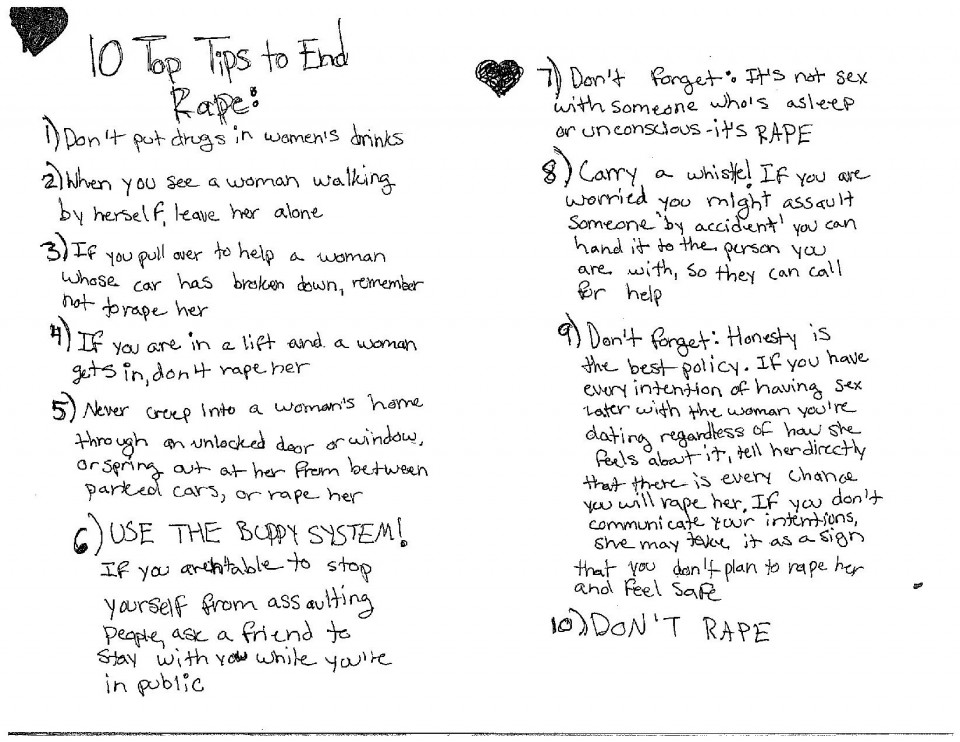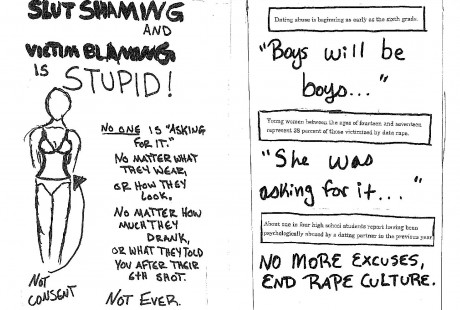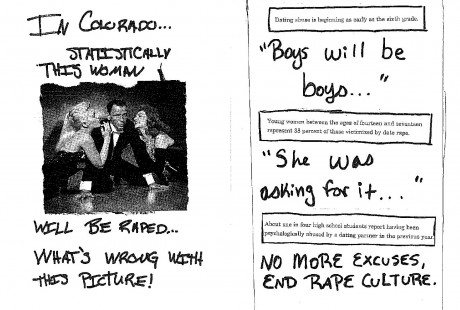The youth organizers of PBJ’s Training Institute held their end-of-the-year showcase on Saturday, May 14! The event was held at The Block 1750 and included food, a project gallery, and community conversation centered around the theme: “Let’s Talk About Sex, Stress, Stigma and Social Change.”
The afternoon began with the youth organizers sharing the projects they had been working on all semester, which examined comprehensive sex education, mental health in AP/IB programs, and LGBTQ+ inclusivity in high school history curriculum. The youth shared their findings through poster presentations and art displays. Attendees were invited to observe and talk with the youth about their projects and findings.
The second half of the event was focused on conversation. To begin, Elissa and Charissa led the attendees through an activity in which they asked a question with two possible answers, and participants had to move to one side of the room or the other based on their answer. For example, one question was, “Do you think stress and anxiety are necessary for being successful in school – yes or no?”
After this activity, the youth organizers led two fishbowl conversations. In a fishbowl, there is a small inner circle of participants who engage in conversation, while everyone else sits outside of the circle and observes. Participants may enter the inner circle if they wish to add to the conversation, and they may leave as they please. This format was used in order to create a space in which youth voices are heard and centered in conversation. The youth organizers brainstormed several questions ahead of time to guide the conversations. The youth followed the day’s theme and discussed sex, stress and stigma – primarily in schools. Several event attendees also added to the discussions – including parents, peers and educators.
The showcase concluded with PBJ celebrating another successful year of the Training Institute! The PBJ Coordinators thanked each student for their work with a small gift. We wish the best for our graduating seniors and can’t wait to see all of the great work the PBJ youth do in their futures!









